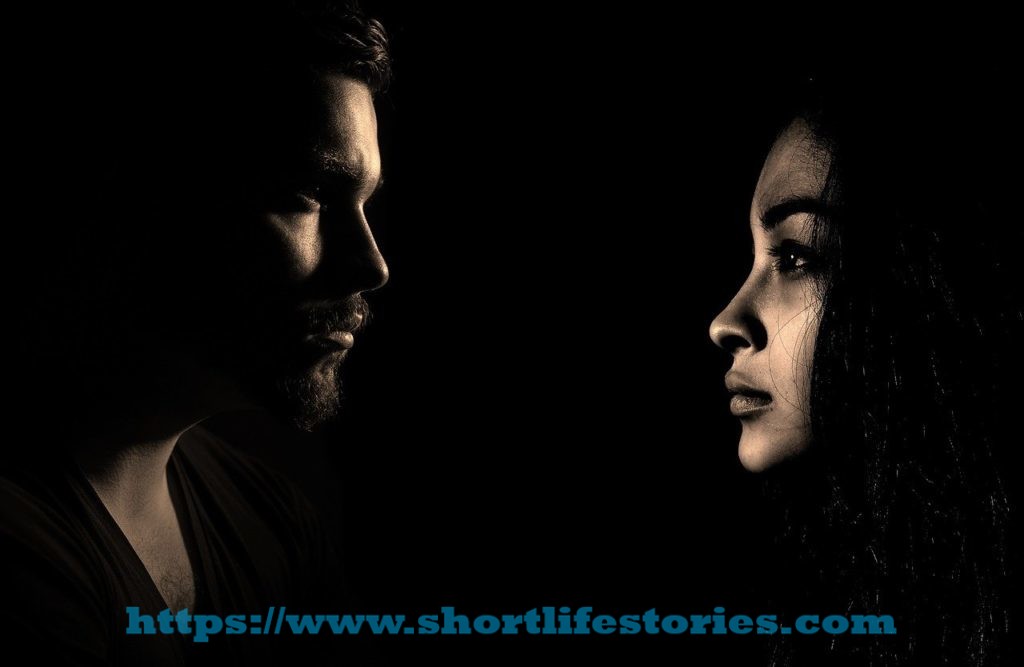When I was in college, I was on a field trip to a local museum.
We were there for the day because the director there had recently been diagnosed with cancer.
All the kids in the grade had been given the same diagnosis, too. It seemed like a pretty easy day activity to take part in, but instead, most of us spent time chatting with the director and her team.
We were there to see the “birdhouse in the sky,” a large replica of a 19th century home made from a U.S. Coast and Country Life Association magazine.
The house was in really pretty good condition, but the day was already hot and humid. So, the kids filled buckets with water, filled them halfway with vinegar, and set them out on the parking lot.
As I write this, the water is still rising. The sky is falling.
The kids had filled the buckets halfway with water and were watering the lawn.
I have never understood how we can or should be interacting with nature.
It’s so beautiful, and yet, we fill it with our cars, paved roads, paved sidewalks and parks, and even the water towers along the rivers and streams.
Yet, as we take in natural sights, we take time to interact with it. We go into awe. We marvel. We wonder.
We take pictures and wonder what else is out there, too.
The whole trip, I’ve thought of the kids who were on the trip with me. And I wonder what they might have felt.
I wonder what they might have felt as they wandered through a small park with no people around, filled to the brim with flowers, trees, and other sights we take in every day.
I wonder what it must have felt to be the kids who met the director. And to see the house. And to hear the kids talking about the birdhouse in the sky.
And to feel the kids’ eyes on you as they talked about something so beautiful, and yet, so real.
We may not be able to touch everything out in nature, but we can still go into awe. And that’s what we should do with nature, too.
When I think of our childhood, I don’t think of the birds we saw, or the butterflies we got, or the stories we were told.
I think of our interactions with each other.
I think of what we learned from one another.
We learn from books. We learn from television. We learn from our parents.
And when we interact with nature, we learn from our community.
We learn how to build a fire, how to fish, how to hunt, how to care for a garden, how to be a good husband, a good father.
We learn how to connect with each other and survive in a harsh climate.
We learn how to share our stories with one another.
“But,” you might be saying, “that’s all we need to know about nature. We don’t need to know anything else.”
Well, yes, we do.
We know how to make fire. We know how to fish. We know how to hunt.
We also know what it feels like to be lonely in a lonely world, and how that feels.
We know how to care for a garden.
We also know what it feels like to have a miscarriage, and how that feels.
We know how to have a miscarriage, how we feel afterwards, what it feels like.
We also know what it feels like to be abandoned by a partner, and how that feels.
We know what it feels like to get attacked by a raccoon, and how that feels.
We also know what it feels like to have one of those panic attacks, and how that feels.
We know what it feels like to have migraines, and how they feel, and how we feel when things go wrong.
We also know what it feels like to be attacked by depression, anxiety, PTSD, and ADHD.
We also know what it feels like to go through a divorce, and how that feels.
We also know what it feels like to be diagnosed with cancer, and how that feels.
We also know what it feels like to be left-handed, and how we feel when we write with our hand.
We also know what it feels like to have a skydiver grab my legs and pull me down, and how that feels.
We also know what it feels like to be attacked by a bear, and how that feels.
We also know what it feels like to be attacked by depression, anxiety, or PTSD, and how all those feelings came and went.
We also know what it feels like to lose our best friend, and how that feels.
